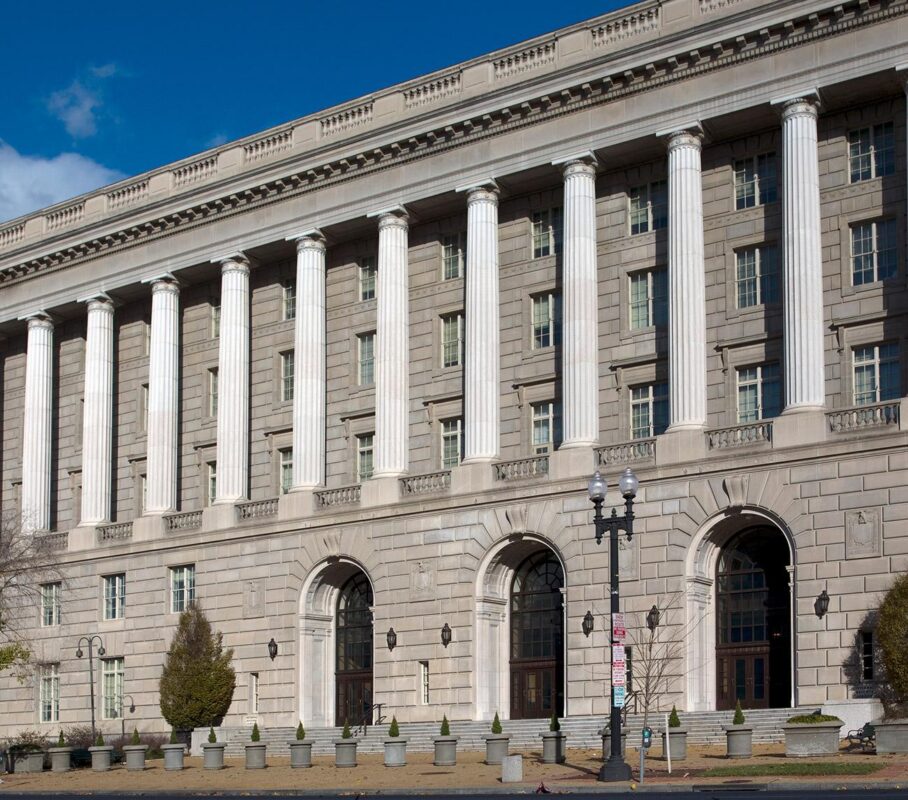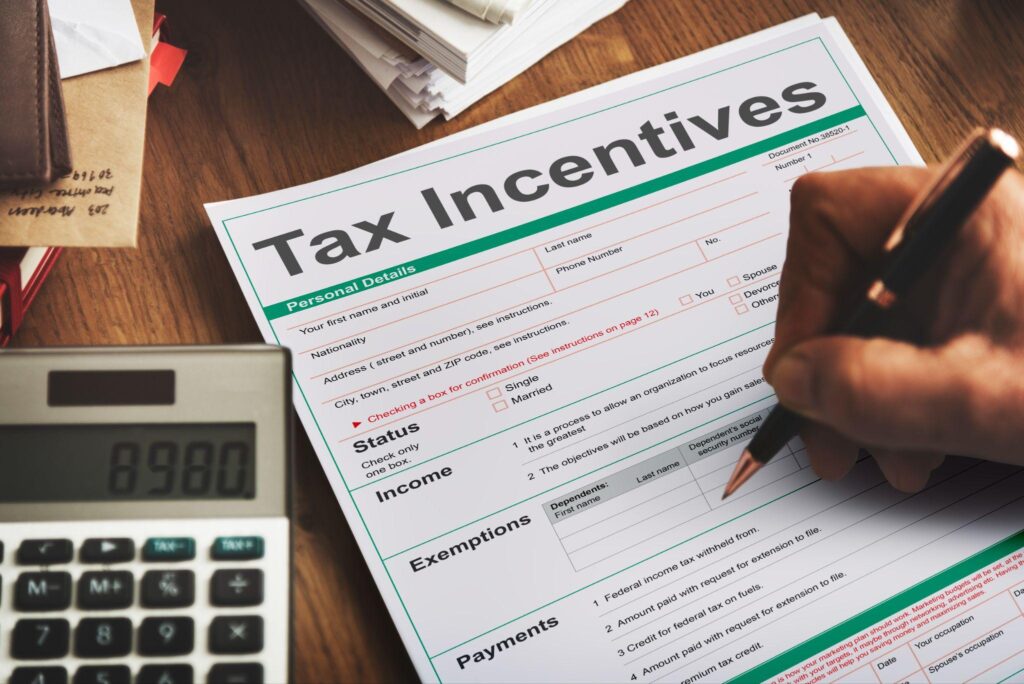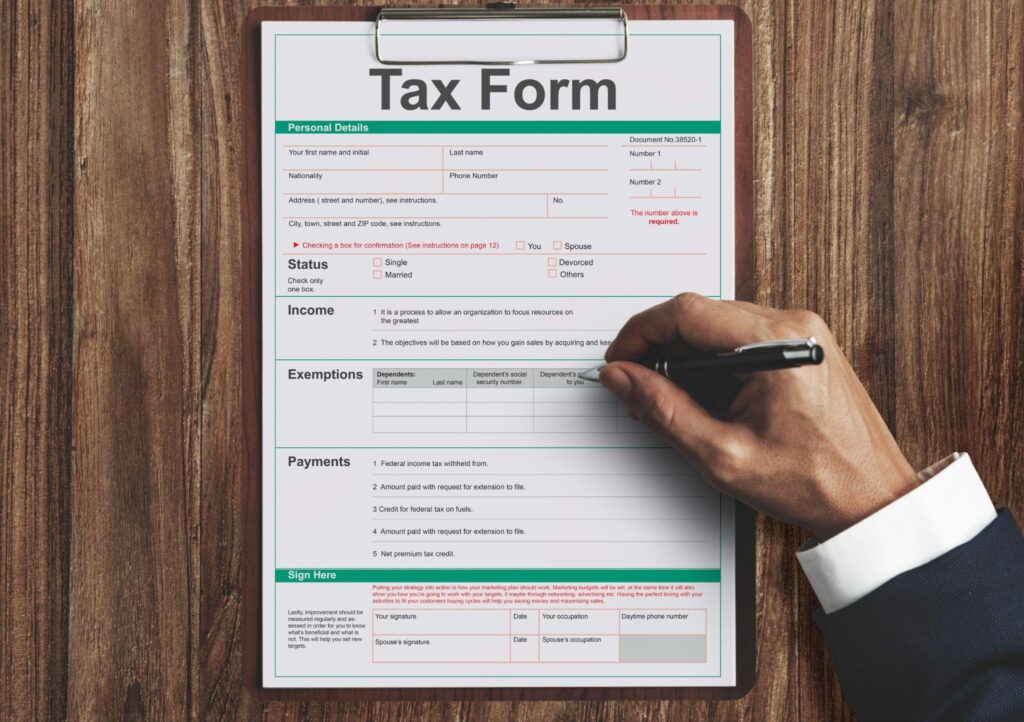Understanding the IRS Fresh Start Program: A Comprehensive Guide
In a world where financial stability can sometimes feel like an elusive goal, outstanding tax debt can be a suffocating burden for individuals and small businesses alike. Enter the IRS Fresh Start Program—a transformative initiative designed to help taxpayers break free from the shackles of unpaid back taxes.
The Internal Revenue Service (IRS) launched this empowering program that provides an opportunity for those weighed down by tax debt to reestablish their financial footing, regain control of their lives, and embrace a brighter financial future. In this comprehensive guide, we will explore the inner workings of the IRS Fresh Start Program, decoding its features and benefits, and offering clear insights into its eligibility criteria and application process.
Our aim? To equip you with the tools and knowledge needed to navigate this lifeline adeptly. Whether you’re a first-time filer in over your head or a small business owner seeking a new beginning, this guide is your roadmap to unlocking financial freedom.
You may also like: Navigating Tax Relief: Understanding Its Importance, Eligibility, and Implications
The Backdrop of the IRS Fresh Start Program

Source: U.S. General Services Administration
In 2011, in response to the financial hardship faced by millions following the economic downturn, the IRS introduced a significant set of changes to its existing tax relief options—officially termed the IRS Fresh Start Initiative.
Designed to enable taxpayers, including small businesses, to resolve outstanding tax debts, this program is geared toward helping those owing money to the IRS find an attainable solution without the constant threat of tax liens and levies.
The Fresh Start program, apart from offering penalty relief, provided an alternative to those unable to fully pay their tax debts and set out to help prevent the financial situation of taxpayers from deteriorating further.
By allowing for extended installment agreements and more flexible terms, the IRS aimed to make it easier for taxpayers to settle tax debts and avoid tax liens, which could further damage the taxpayer’s credit and financial stability.
The Financial Crisis and the Fresh Start Initiative
During the financial crisis, many individuals and small businesses found themselves unable to pay their tax bills in full. Recognizing the widespread financial hardship, the IRS responded by implementing the Fresh Start Initiative.
It aimed to provide an alternative to owing money that seemed insurmountable, with the program tailored to offer a lifeline to eligible taxpayers—including self-employed individuals and wage earners—seeking to resolve their tax debt balance in a manageable way.
The Key Components of the IRS Fresh Start Program
At its core, the Fresh Start Initiative Program has several key components: the Offer in Compromise (OIC), expanded Installment Agreements, and the ability for taxpayers to receive a federal tax lien withdrawal after entering into a direct payment structure.
These components offer a wide range of options, including affordable monthly payments, for individuals looking to settle their tax debt without facing severe financial penalties.
Each of these options under the IRS Fresh Start Program is designed to offer a customized solution based on a taxpayer’s future income and living expenses, creating a viable and sustainable path towards settling outstanding debt and achieving a fresh start.
Real-World Impact and Success Stories of the IRS Fresh Start Program
Through the IRS Fresh Start Initiative, countless individuals and families have been able to navigate their way out of significant tax debt, often reducing the mental and emotional stress associated with owing large sums to the federal government.
From penalty abatement that lessens the amount owed to the creation of extended installment agreements that allow for manageable monthly direct debit payments, the IRS Fresh Start Program is more than a policy—it’s a lifeline for many taxpayers, changing lives and offering a genuine path toward financial freedom.
You may also like: IRS Offer in Compromise: A Comprehensive Guide to Settle Your Tax Debts
Benefits of the IRS Fresh Start Program

This enables both individuals and small businesses to regain financial stability and peace of mind. In this section, let’s look at how this program can benefit you.
Flexible Payment Options
The Fresh Start Program offers a variety of payment plans for tax debt relief, known as installment agreements. These agreements make it easier for individual taxpayers and small businesses to pay off their tax debt over time. This is especially beneficial for those facing financial challenges. It allows them to make manageable monthly direct debit payments toward their tax debt.
Often, the payment options are a short-term payment plan or an extended installment agreement. Still, this flexibility enables taxpayers to settle their debts in a way that suits their financial situation without the burden of paying a substantial sum all at once.
Reduced Penalties and Interest
One major advantage of the IRS Fresh Start Initiative is the potential for penalty abatement or tax debt relief. The program often reduces the financial penalties associated with late or incomplete tax payments.
This can substantially lower the overall tax liability for individuals. In effect, the lowered overall liability makes the process of clearing tax debts more achievable and less financially straining.
Tax Lien Withdrawals
A significant benefit of the IRS Fresh Start Program is the possibility of a tax lien withdrawal. Federal tax liens are public records that can severely impact a person’s credit score and ability to borrow.
Complying with the terms of their agreement under the Fresh Start Program offers taxpayers the opportunity to request a tax lien withdrawal. Essentially, this program may help remove this blemish from their credit history.
Offer in Compromise (OIC) Opportunities
The Fresh Start Initiative Program includes the Offer in Compromise option. This pivotal component allows qualified taxpayers to settle their outstanding tax debt for less than the full amount they owe.
The OIC is especially beneficial for those whose tax debt is substantial. People who are in a situation where paying the full tax bill would create significant financial hardship can also benefit from this opportunity.
Assistance for the Self-Employed and Small Businesses

The program provides various forms of tax relief, including flexible payment options and penalty relief. This flexibility can be particularly advantageous for those who owe money but are struggling to maintain their business operations and living expenses.
Streamlined Process and Clarity
The IRS Fresh Start Initiative aims to remove the complexities traditionally associated with settling tax debts. It offers a streamlined process that is more user-friendly. This way, it’s also easier for taxpayers to understand what the IRS expects of them. Moreover, through the IRS website, many taxpayers can apply for the program online, making it more accessible than ever.
Protection Against Aggressive Collection Actions
Participating in the Fresh Start Tax Program helps protect taxpayers from aggressive collection actions such as wage garnishments or levies on bank accounts. An installment agreement or another form of arrangement with the IRS helps individuals signal their intention to resolve their tax debt. Generally, this intent results in the IRS halting these severe collection measures.
Customized Solutions Based on Individual Circumstances
Each taxpayer’s situation is unique, and the Fresh Start Program acknowledges this by offering customized solutions. By evaluating a taxpayer’s potential income, living costs, and overall financial situation, the IRS crafts a payment option or settlement that is in line with the taxpayer’s ability to pay.
This can include affordable monthly payments that take into account both the IRS’s need to collect taxes and the taxpayer’s need for financial stability.
Professional Assistance and Guidance
The IRS Fresh Start Program encourages taxpayers to seek the advice of tax experts, such as tax attorneys or certified public accountants. These experts can guide taxpayers through the complexities of the program.
These tax experts ensure they are fully aware of their options and help them navigate the requirements and paperwork. Working with a tax expert or a tax relief company can be invaluable in all manners of taxes. They can help you secure the best possible outcome under the Fresh Start Initiative.
A Genuine Opportunity for a Fresh Start
Above all, the IRS Fresh Start Program is designed to give people a genuine opportunity to start anew. Resolving and moving past their tax debts allows individuals and families to focus on rebuilding their financial future. Of course, removing the constant stress and burden of owing money to the federal government can also help them breathe a little.
It is a significant step toward financial freedom. More importantly, this program may provide financial stability for many Americans who are in debt to the Internal Revenue Service.
You may also like: Exploring Deductible Taxes: Your Key to Smarter Financial Planning
Navigating the Eligibility Criteria for the IRS Fresh Start Program

Basic Eligibility Requirements for the IRS Fresh Start Program
To be considered for the IRS Fresh Start Program, individuals and small businesses must meet these basic criteria:
- Taxpayers must have filed all required tax returns, and they need to be current with their tax filings.
- Owing money to the IRS in the form of a tax debt balance is a key requirement to qualify, with specific limits on the amount that is owed.
These requirements ensure that the program is accessible to taxpayers who are in genuine need of assistance.
Financial Hardship Analysis
The IRS looks at a taxpayer’s complete financial situation to determine eligibility. Living expenses, monthly income, outstanding debt, and assets are evaluated in this analysis.
The IRS uses this information to determine if the taxpayer is in a position where paying the full tax debt would cause significant financial challenges. This is where consulting a tax professional or tax expert can be invaluable in presenting a compelling case to the IRS.
Tax Liens and Federal Tax Liens Consideration
A federal tax lien can complicate the application process for the IRS Fresh Start Program. However, tax lien withdrawal options may be available under the program. Understanding the implications of tax liens and how they can be managed under the Fresh Start initiative is a critical part of the eligibility navigation process.
Owing Back Taxes and Unfiled Tax Returns
Taxpayers with unfiled tax returns from previous years are generally not eligible for the Fresh Start Program. Of course, that is until they can file those returns. Moreover, the program caters to those who owe back taxes to the IRS. As such, understanding how much you owe and for which tax years is critical when applying for this program.
Individual vs. Small Business Eligibility
The Fresh Start Program is primarily for individual taxpayers. Still, small businesses, including self-employed individuals, may also be eligible under certain circumstances. Exploring these criteria is vital for business owners facing tax debt issues.
Complying with Payment Plans and Installment Agreements
Once the IRS accepts a taxpayer into the Fresh Start Program, they must stay compliant with the terms of the agreement. Compliance is crucial, whether getting an installment agreement, an offer in compromise, or another form of arrangement. Failure to make required estimated tax payments, for example, can result in removal from the program.
Consulting with a Tax Professional
Navigating the eligibility criteria for the Fresh Start Program can be challenging. As such, the guidance of a tax relief company can be invaluable. These experts can provide insights into the nuances of tax relief. More importantly, they can help you with the collection information statement and offer strategies for negotiating the best possible repayment structure with the IRS.
Understanding the IRS Fresh Start Program Application Process

Pitfalls in the process can often be preempted. For instance, many taxpayers underestimate their living expenses, which might result in a less affordable payment plan. Again, consulting with a tax relief company can be an invaluable step toward securing an application’s success.
You may also like: Eligibility for IRS Innocent Spouse Relief: A Detailed Overview
Conclusion
The Fresh Start Program is not merely a policy; for many, it’s a pivotal turning point toward financial stability. For those submerged under the weight of tax debt, it provides not just relief but a structured, tangible path forward.
As with all financial decisions, this program warrants careful consideration and, where needed, the guidance of a skilled tax professional. Ultimately, the Fresh Start Program stands as a testament to the possibilities of second chances and new beginnings.

